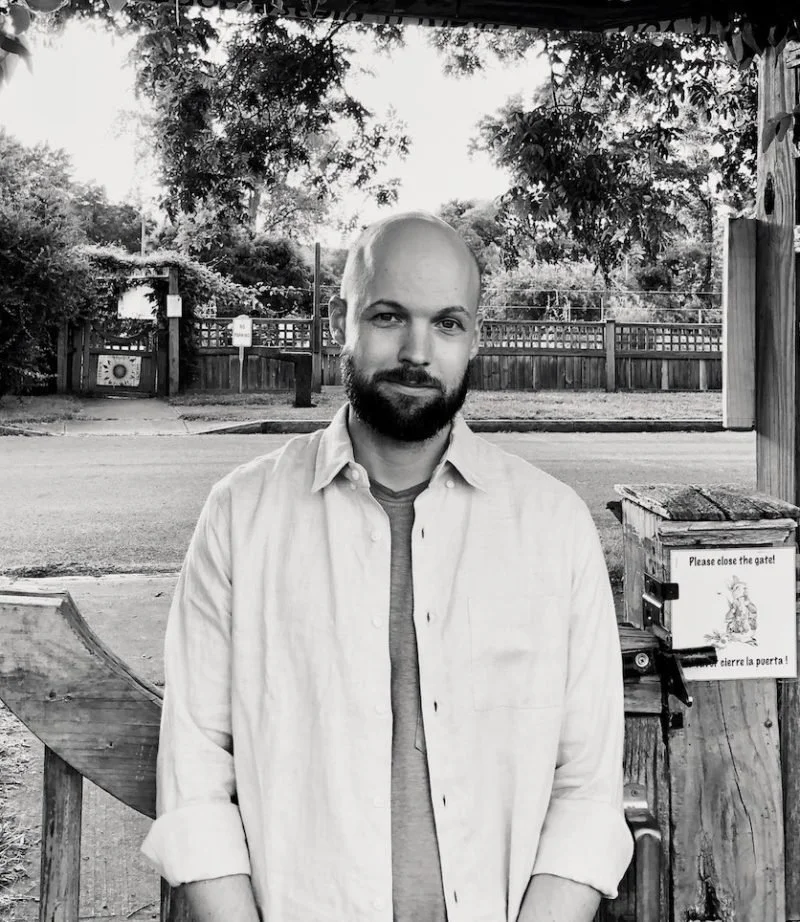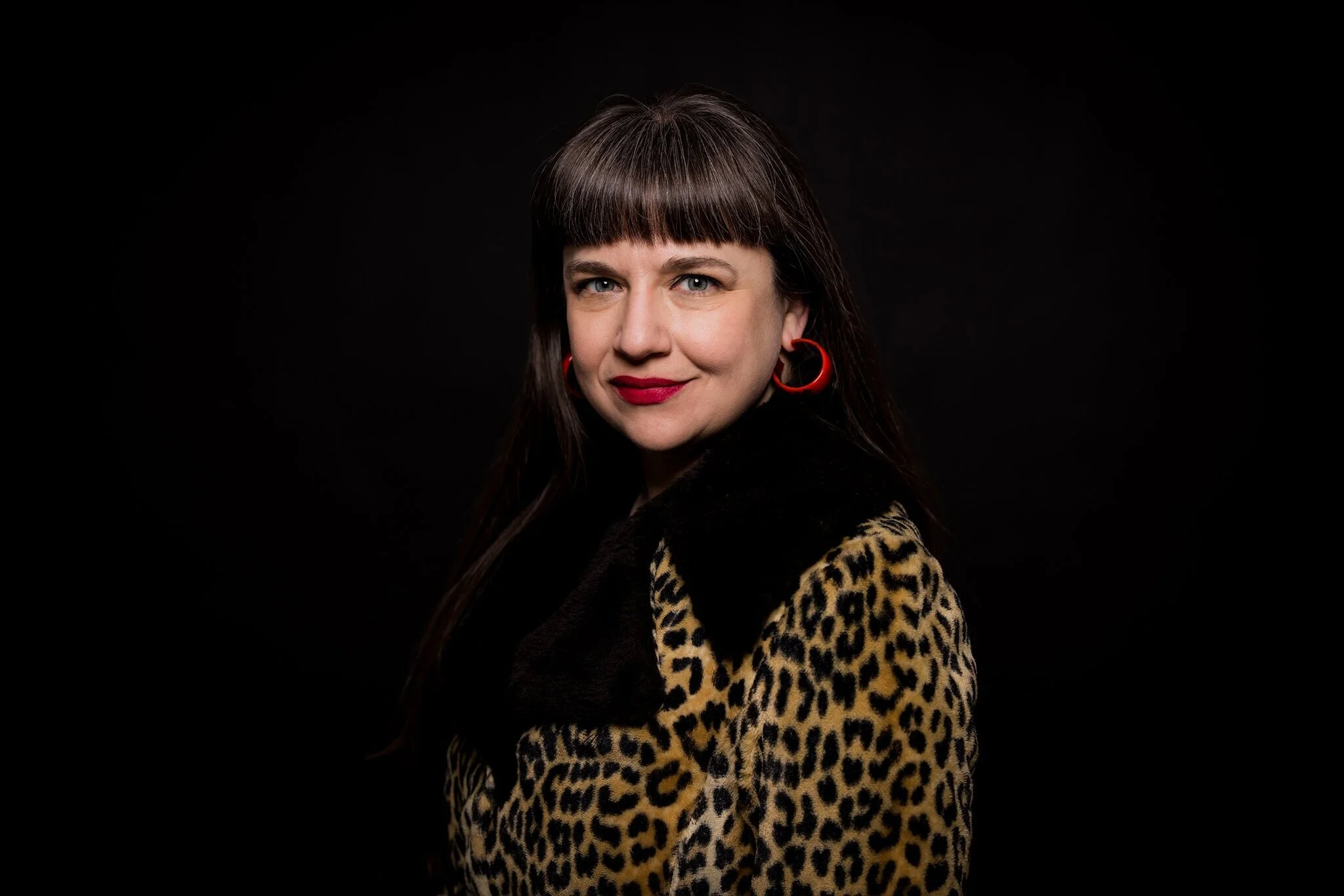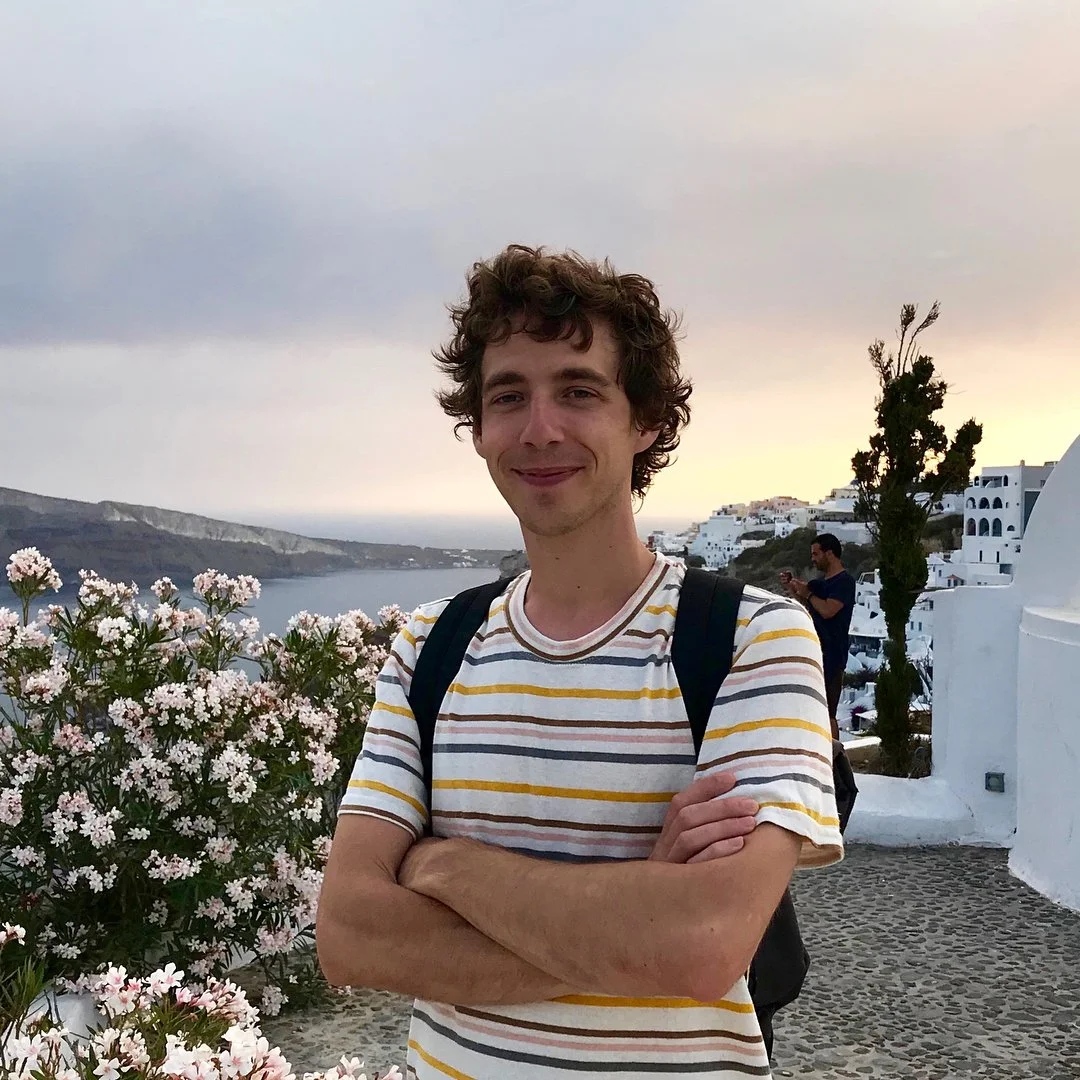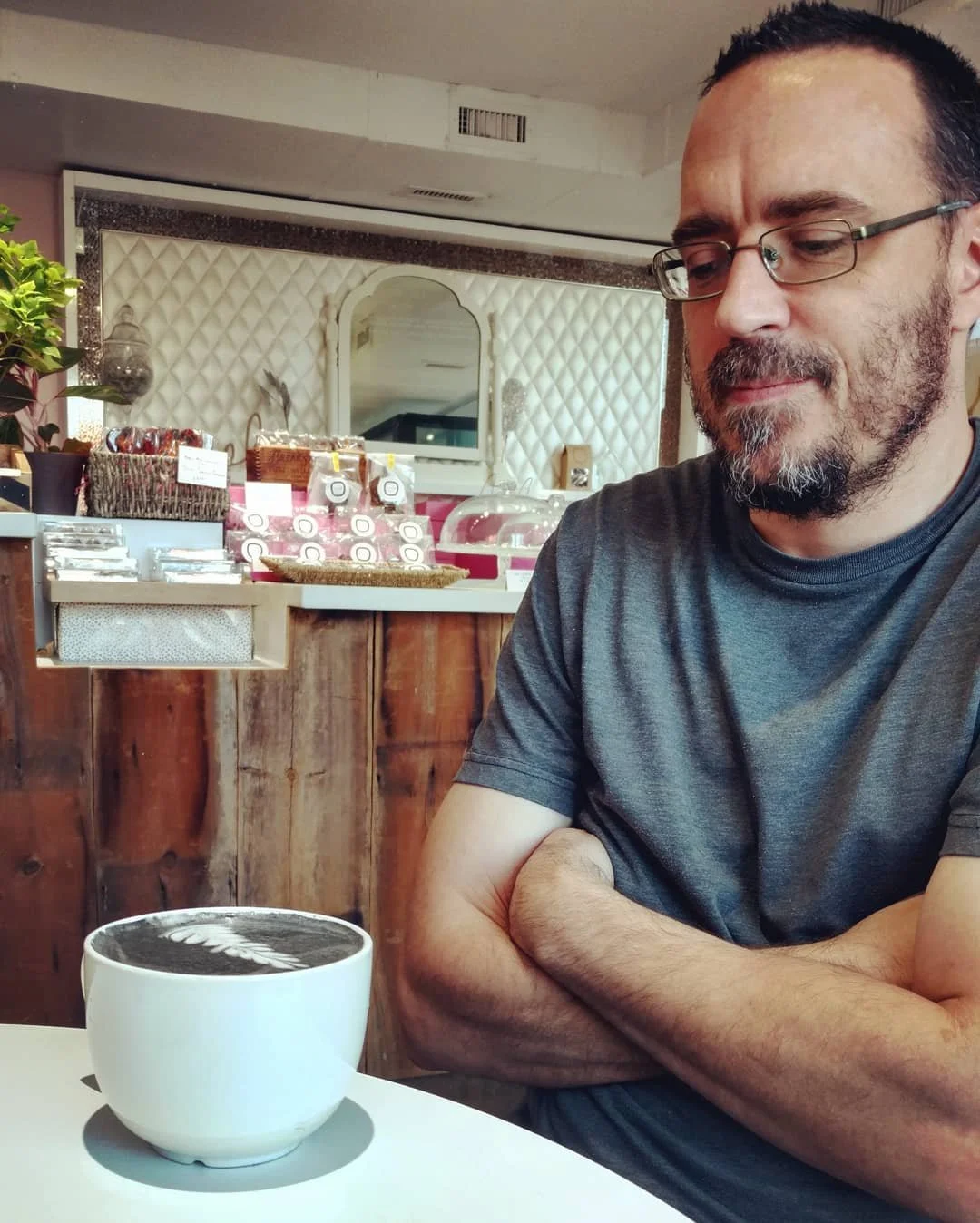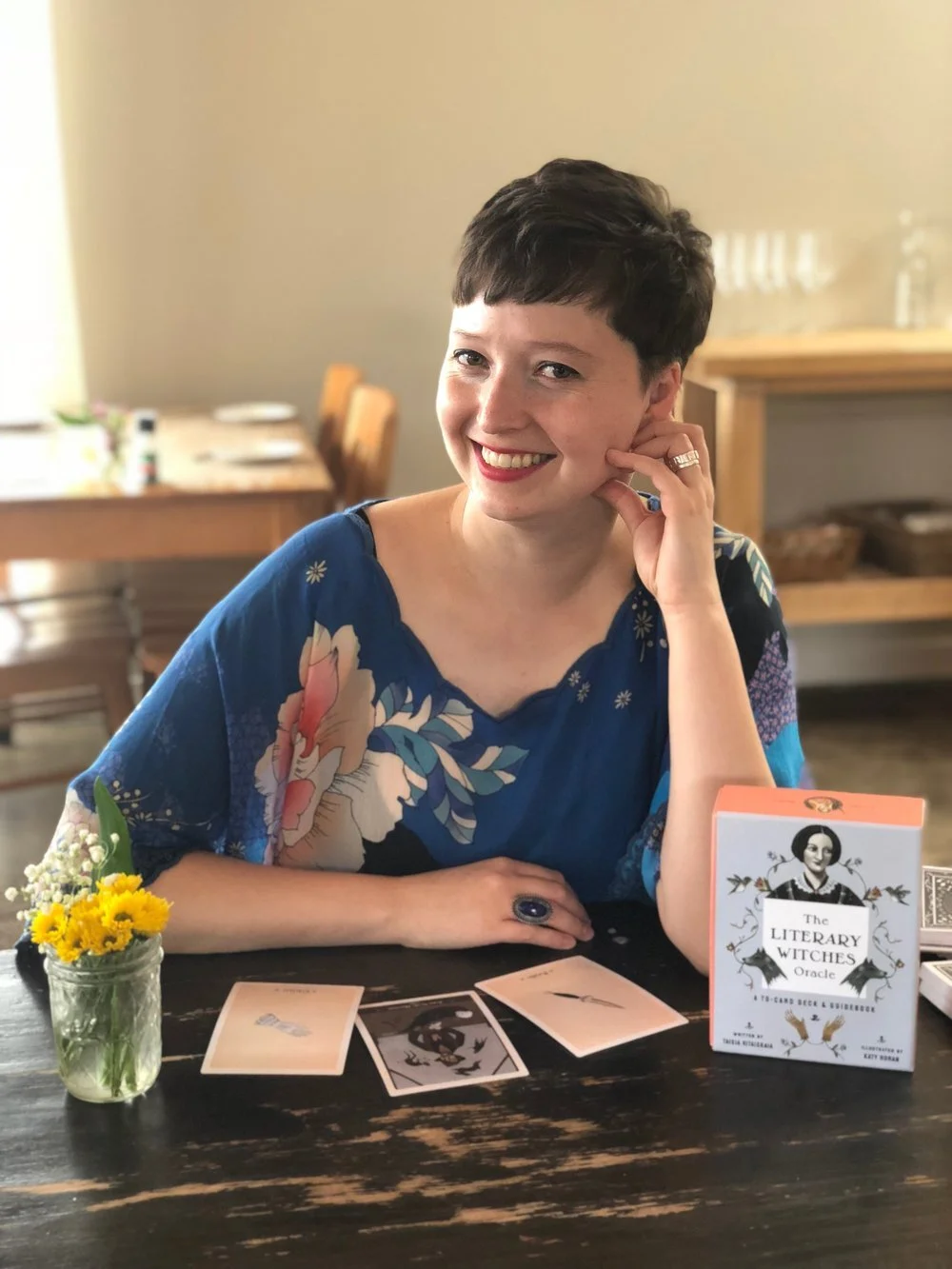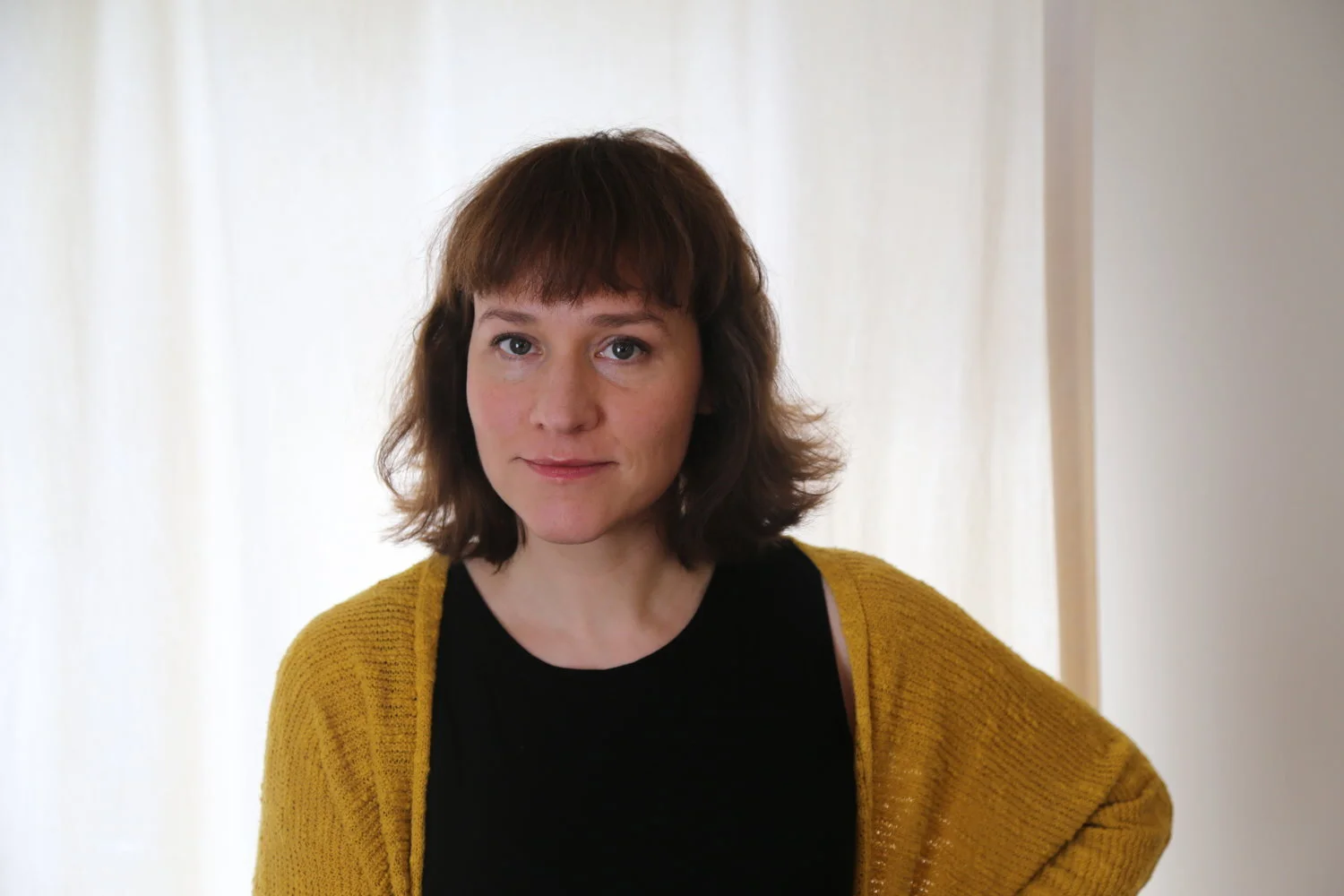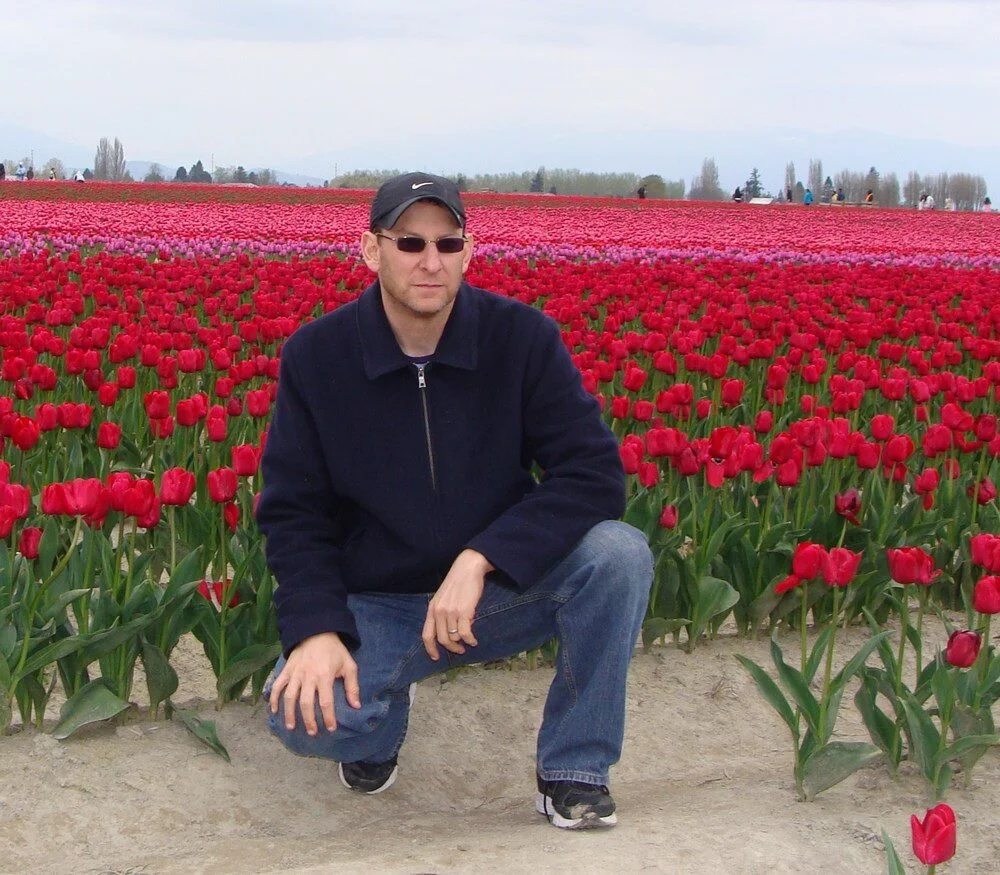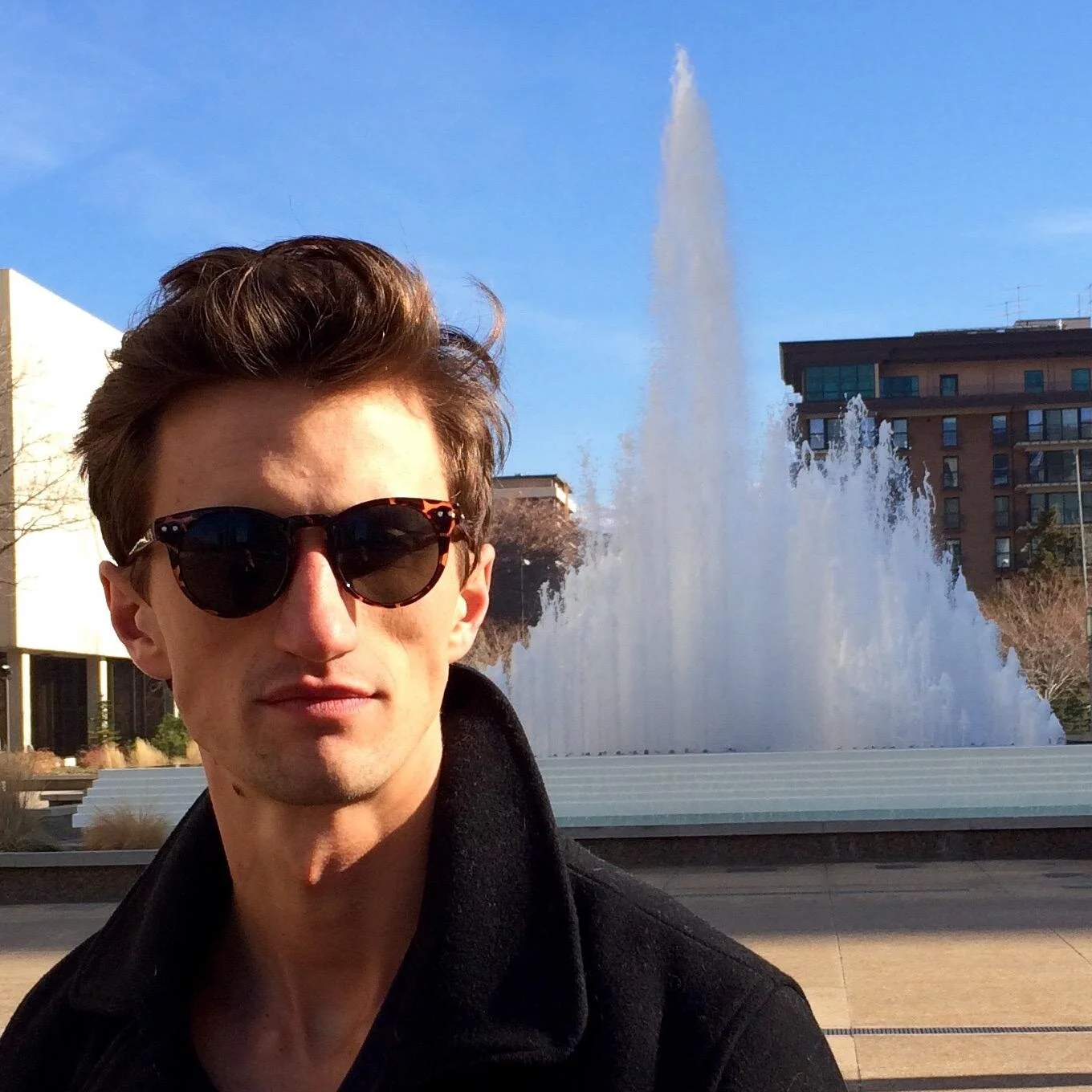For writer/teacher/editor Chloe N. Clark, magic exists down the street. Fogged out monsters lurking in basements. Witchcraft just around the corner. Every alleyway holds the potential of being full of vampires or wormholes. Murder victims or bowling pins waiting to be juggled. Along with being a teacher, compiling a cruiseline full of 'in progress' work (she's in various stages with half a dozen books / collections) and acting as Co-EIC of the literary magazine Cotton Xenomorph, Clark recently released her chapbook of poetry titled The Science of Unvanishing Objects. It's a 27 piece collection of speculative non-fiction dancing with demons, swaying with oneirophobia, and socializing with missing women trapped inside of fever dreams. I spoke with the prolific literary artist about black holes, writing prompts, scary stories, her chapbook, and folklore versus sci-fi.
via Split Lit
The Science of Unvanishing Objects is out in the world. How do you feel?
Honestly, still a little in disbelief. It’s a surreal feeling to have people tweet about my book or send pictures of their copy. A wonderful surreal, but still a little mind-boggling. I’m so grateful for the generosity of people who have read the book and are talking about it.
I think my favorite poem from this collection is "A Spell with the Blood of Oranges" where you start and finish with "There is a magic trick that no one really knows how to do." I love how you juggle between the circus/magic and brutal/harsh realities. Can you speak a bit about this piece? How did it initially form?
It’s one of the oldest in the book, actually. I (probably screamingly obviously) have a pretty big obsession with stage magic and escape artistry, so that finds its way into a lot of my poems and fiction. This one though began probably after seeing Man on Wire, where one of the things I couldn’t stop thinking about was how much Petit’s family must also kind of hate him—the idea that someone you love would so gleefully put themselves into such extreme danger. I think that’s a feeling we can all probably low-level identify with—your partner drives too fast, your kid is always wandering off in the store.
And of course it’s in direct connection to both escape artistry, where there is a real but controlled danger, and stage magic, where a lot hinges on the illusion of danger.
So with those kinds of ideas in mind, I just started writing it and it found its sort of story through the way that love can be all of those dangers as well—in a metaphorical way.
Ghosts, demons, black holes, planets exploding, drowning magicians. Would you categorize your work as fantasy? Science fiction?
I always struggle with this kind of question because I rarely classify my own work, but when I have to I say horror or science-fiction but I also think of those genres in very all-encompassing ways. I also do scholarship into folklore—which might be more true to what I’m, at least attempting, to write: a sort of reality that’s beyond the real, but steeped in some kinds of human truths.
Have you always been fascinated by monsters and creatures that go bump in the night?
Absolutely. As a small child, I was obsessed with Alvin Schwartz’ Scary Stories to Tell in the Dark series and I used to obsessively rewatch Return to Oz and Aliens (so much so that by age 4 or 5, I had literally worn out our VHS copy of Aliens). There’s a child-like pleasure in controlled fear, but even more than that I've always been fascinated by the way we view monstrosity.
You play/experiment with layout and format a great deal. How does the poem guide you?
I wish I had a thoughtful answer to this, but unfortunately I really just go with what the poem “tells” me. I always write poems in one sitting and they always find their form as I write—I never go in with an idea of what the shape of a poem will look like or how I want to use form. And it’s truly a pretty subconscious choice. Later, I’ll revise to make line breaks a little truer to what I want, but the layout/format itself never changes much.
I know this is a new release for you, but how long before the publication date had these pieces been finalized?
A lot of the poems had been previously published, so they were in their final forms. I’m very precise with my poetry and never send it out to places until I feel it is exactly where I want it to be.
The collection itself was finalized in shape and content about a month before I started submitting it places. And, luckily, the press I worked with didn’t ask for any changes.
via (b)oinkzine
What are you currently working on?
I am not a monogamist when it comes to writing projects—so I’m currently working on a sci-fi novel about space exploration, a novel-in-stories about a college basketball team, and a collection of pieces about a slightly magic-fied version of the Wisconsin Dells (primarily written as flash). I’ve just started submitting my two full length poetry manuscripts (one about bodies and communication and one about the end of the world) places and am working on starting some poems for a new project—though I have a few directions I might go with that one.
Is it difficult to split time between teaching, writing, and editing a literary magazine?
I luckily don’t have a social life.
But seriously, it really only works because I’m very focused and diligent with the way that I spend my time and I’m kind of constantly working on these things even when I’m also doing something else. That might mean I’m thinking through a story while doing yoga, lesson planning while cooking dinner, and reading submissions while getting ready for bed.
I’m extremely lucky and grateful, as well, that all three of these things are natural extensions of one another—I teach English and multimodal communication which means I’m already thinking about language and writing and structure during my workday (and by “day” I mean all hours, because teaching is something you definitely take home with you!).
For my ongoing author interview series, I'm asking for everyone to present a writing prompt. It can be one that you craft out of thin air, it can be one you created a while back, or it can be one you adore from an outside source that was passed down to you.
Prompt: Think about a word you use often. Try saying it out loud 25-30 times in a row. At what point does it lose meaning? How does it begin to sound? Write a poem about this word, but as it is when you’ve unmoored it from its meaning. Think about how the context around a word is often the way we learned harder vocabulary as a child—what ways can you set the context for this new version of an old word?
Do you have any advice for artists working on their craft? Any final words? Thank you for your time!
My biggest piece of advice is don’t listen to anyone who tells you that your subject matters are meaningless—that’s one of the single biggest things I heard over and over again in writing workshops. People would see monsters and assume I wasn’t trying to say anything deeper. Instead, believe in the things that mean something to you, it’s likely they’ll mean something to someone else as well.













